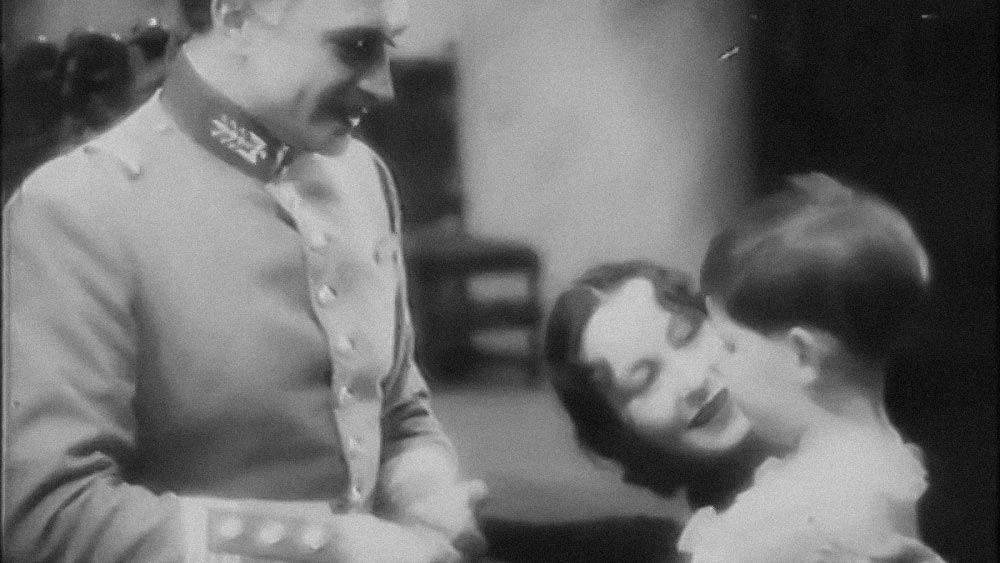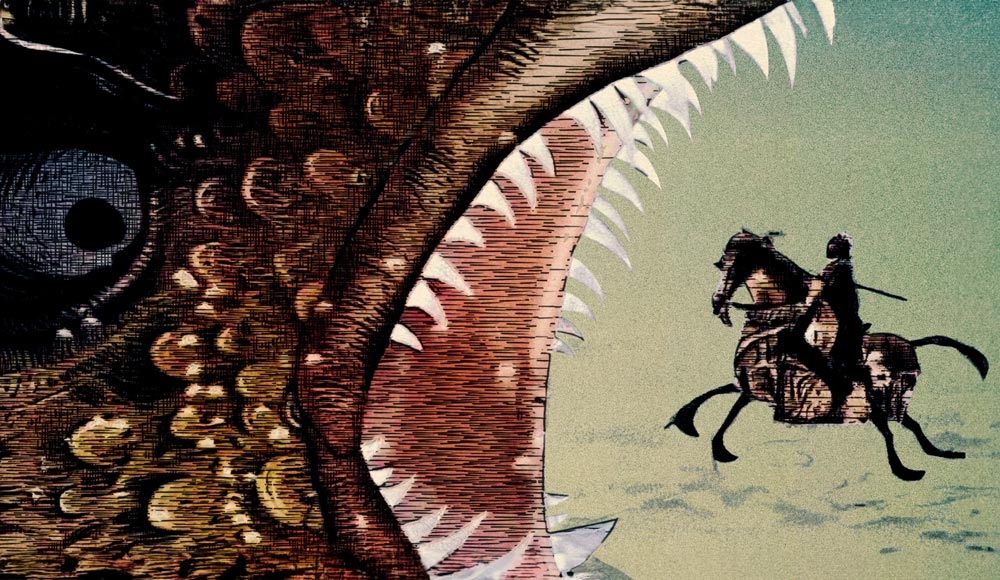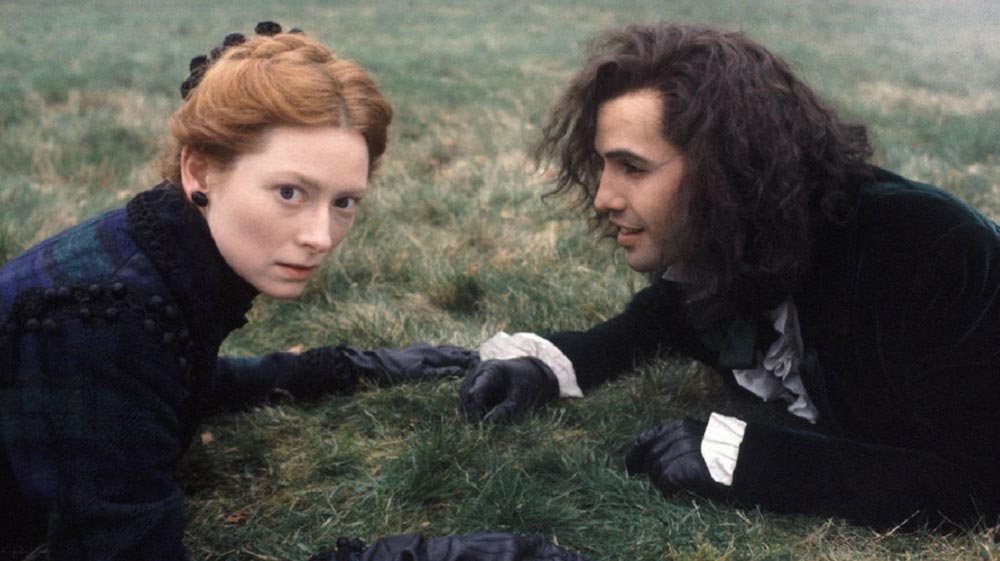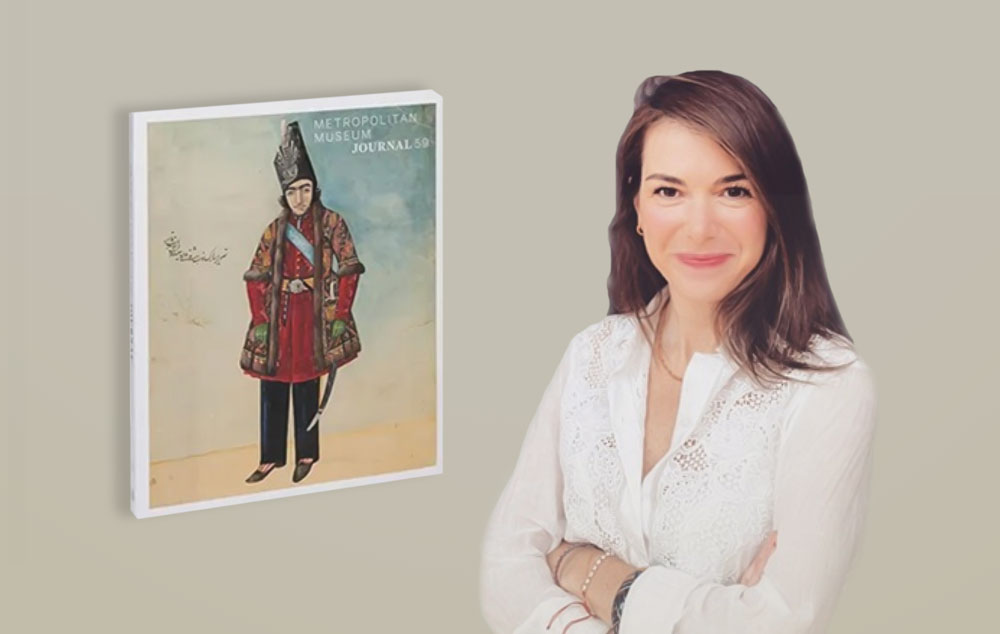As part of its exhibition, “The Story Unfolds in Istanbul,” Meşher is launching a curated selection of films adapted from Western literary works. The February program features three adaptations: Orlando (based on Virginia Woolf’s novel), The Man Who Murdered (Curtis Bernhardt’s adaptation of Claude Farrère’s novel), and The Adventures of Baron Munchausen (directed by Karel Zeman).
The screenings, which will begin in February, will be organized parallel to the exhibition that opened on January 23. Film critic Mehmet Açar will introduce the selection on Friday, February 7, at 5:00 PM, discussing the cultural and historical significance of the featured films. Following his introduction, the first screening, Orlando, will take place at 5:30 PM.
Orlando
Virginia Woolf’s 1928 novel Orlando is a critical exploration of English literary history and the role of women in literature. The novel presents the fictional biography of a young aristocrat passionate about literature.
In 1992, director Sally Potter adapted the novel into a film, with Tilda Swinton in the lead role. The story begins in 16th-century England during the Elizabethan era, where Orlando is introduced as a young nobleman. He is later sent to Istanbul as an ambassador by King Charles II. It is here that the pivotal transformation occurs: Orlando wakes up one morning as a woman, facing societal limitations and challenges previously unknown to him.
While Woolf’s novel concludes in 1928, with Orlando continuing life as a woman, the film adaptation alters some details—most notably replacing Istanbul with an unspecified Eastern country. Despite these changes, Potter’s Orlando remains a visually striking and memorable adaptation, earning over 30 international awards and two Academy Award nominations.

The Man Who Murdered
The second film in the program, Der Mann, Der Den Mord Beging (The Man Who Murdered), adapted from Claude Farrère’s novel L’homme qui assassina, will be screened on Saturday, February 22, at 3:00 PM.
The original novel is written in the form of a journal by a French military attaché, Renaud de Sévigné, who arrives in Istanbul. Through his eyes, the city and its diplomatic circles are depicted within the framework of a romantic intrigue. The plot unfolds in an environment filled with conspiracies and crime, ultimately concluding aboard the Orient Express.
Farrère’s novel has been adapted for both theater and cinema multiple times. The 1930 German film directed by Curtis Bernhardt stays largely true to the book, distinguishing itself from other adaptations through its on-location filming in Istanbul.

The Adventures of Baron Munchausen
The final screening of the month is Baron Prášil – The Adventures of Baron Munchausen, a 1961 Czechoslovak film directed by Karel Zeman, set to be shown on Friday, February 28, at 5:00 PM.
The film is based on Rudolf Erich Raspe’s novel Munchausen’s Narrative of His Marvellous Travels and Campaigns in Russia. The central character, Baron Munchausen, is a witty, daring, and imaginative figure, famous for his fantastical and exaggerated adventures.
The real-life inspiration for Munchausen, Hieronymus Carl Friedrich Freiherr von Münchhausen, was an 18th-century German officer who fought with the Russian army against the Ottoman Empire. His highly embellished storytelling contributed to his legendary status, with his tales spreading widely and eventually detaching from historical reality. Over time, Baron Munchausen became one of Western literature’s most unforgettable fictional figures, inspiring numerous adaptations in cinema and other art forms.

All screenings at Meşher are free of charge, but registration is required. For participation details, visit [email protected].







